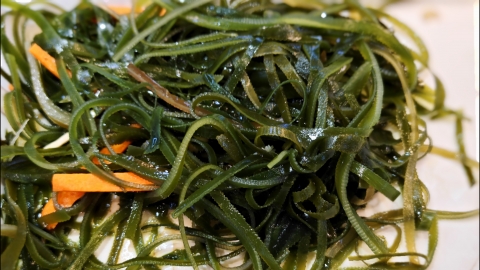Can patients with hypothyroidism eat kelp?
Generally, hypothyroidism refers to an underactive thyroid gland. Whether patients can consume kelp needs to be determined based on their specific condition and iodine intake. Detailed analysis is as follows:

If hypothyroidism is caused by iodine deficiency, moderate intake of kelp can help supplement iodine, which aids in the synthesis of thyroid hormones and may improve symptoms of hypothyroidism. As an algae rich in iodine, kelp can provide necessary iodine. When consumed in moderation, the iodine in kelp generally does not negatively affect the thyroid function of patients with hypothyroidism.
If hypothyroidism is caused by other factors, such as autoimmune thyroiditis, and the patient has thyroid autoantibodies present in the body, excessive iodine intake may activate the immune response, exacerbating thyroid inflammation and functional impairment. In such cases, consumption of kelp should be avoided because its high iodine content may worsen the condition.
In addition to monitoring iodine intake, patients with hypothyroidism should also maintain a balanced and diverse diet, ensuring sufficient intake of nutrients like proteins, vitamins, and minerals to support normal metabolic and bodily functions.







